
How tier 1 leaders are addressing construction’s mental health crisis
David Bucksley, chair of the CIOB’s health, safety and wellbeing advisory panel, discusses a major project that could help transform the industry’s approach to mental health
A recent campaign by construction charities turned the spotlight on a chilling fact about the industry: 7,000 tradespeople died by suicide in the UK over the past decade.
The chronic mental health issues affecting construction have repeatedly been highlighted by studies and awareness campaigns. But despite the tireless work by sector organisations, official figures show that the industry’s suicide rate is more than three times higher than the national average.
A newly formed group in construction wants to transform this picture radically through a new project aimed at identifying the underlying factors leading to poor mental health in the industry, as well as the concrete steps needed to tackle these issues.
Group members include David Bucksley, environment, health and safety director at Turner and Townsend; Samantha Downie, managing director of Mates in Mind; Carla Toro, professor in mental health and wellbeing at Warwick Medical School; Henrietta Frater, head of health, safety environment and wellbeing at the Crown Estate; Kari Sprostranova, group health, safety and wellbeing director at Mace; and Stuart Young, head of stakeholder engagement and management at the Department for Business and Trade.
“Although great work has been done over the past decade in the mental health space, it’s not changing the statistics. Approximately two people take their own lives in the industry every day,” says Bucksley, who is also chair of the CIOB’s health, safety and wellbeing (HS&W) advisory panel.
“Awareness is great, but we need to start looking at the root causes and main triggers that are causing people to have such poor mental health in construction compared with other industries,” he says.
“We need to treat mental health in the same way we treat physical health and look at ways to reduce or eliminate risk, rather than to focus on trying to help when the damage has been done.”
Bucksley is part of the Tier 1 H&S Leadership Group – an informal network of health and safety directors from contractors such as Kier, Skanska, Mace, Laing O’Rourke and Balfour Beatty.
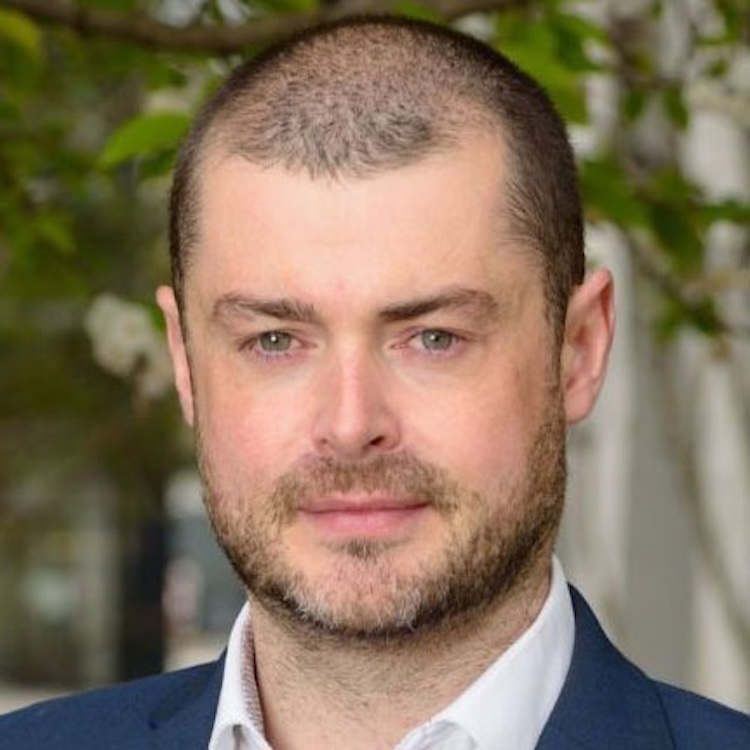
The [value] of the Tier 1 H&S Leadership Group is that together we have power, so if we all move at once, we can make change happen
How the group started
The group was born during the pandemic, when these tier 1 directors began to meet weekly to figure out how to tackle Covid-19 on their projects.
Its work supported the production of the Construction Leadership Council (CLC)’s site operating procedures, a set of guidelines for the industry to support safe working during the pandemic.
“When Covid-19 started to slow down, we realised that what we were doing was great and we should continue to be a group working on things that can benefit the industry,” says Bucksley, who was HS&W director at Sir Robert McAlpine before joining Turner and Townsend this month.
The group has collaborated to make significant safety improvements following fatal incidents, involving lorry loader stabiliser legs, mast climber working platforms, and pipe-coil trailers.
“This year we are focussing attention on the four most common causes of construction fatalities, so that we can drive the number down as a collective,” Bucksley tells CIOB People.
“The [value] of the Tier 1 H&S Leadership Group is that together we have power, so if we all move at once, we can make change happen.”
Three-phase project
Last year, the Tier 1 H&S Leadership Group partnered with the University of Warwick and construction charity Mates in Mind to produce a study into the triggers of poor mental health in the industry.
It drew on advanced research led by Helen Lingard, professor in construction health and safety at RMIT University in Australia, where the construction suicide rate is similar to the UK.
“We wanted to make sure that we looked at any research that had been done anywhere in the world around this topic to include it in our own study,” continues Bucksley.
The project, which is being academically led by Toro at Warwick Medical School, is structured around three phases. The first stage, which is ongoing, aims to identify the triggers for poor mental health through industry focus groups and by reviewing other research, such as that of Professor Lingard in Australia.
The main priority group during this phase is on-the-tools workers, followed by site supervisors and managers, and clients.
The sessions are hosted and facilitated by medical professionals from Warwick Medical School and take place at construction projects around the UK, provided by contractors involved in the Tier 1 H&S Leadership Group.
“We’ve done seven focus groups already,” Bucksley says. “All the workers involved were paid as normal and made to feel comfortable.”
The discussions in the focus groups are designed to gather feedback around three areas:
- The main triggers and root causes of poor mental health among construction workers
- Potential solutions and interventions that could help improve mental health
- The barriers preventing people that work in construction from seeking support
During the second phase, the project’s leadership group will review the findings from the focus groups and propose short- and long-term steps required to address the issues flagged.
The third phase will involve Tier 1 H&S Leadership Group members and relevant stakeholders agreeing on the steps proposed by the university researchers.
This could include recommendations around payment practices, changes to long working hours, and measures tackling the lack of job security resulting from zero-hours contracts.
“What we want at the end of this is an academic-based report which is credible and which highlights the main themes and triggers identified across the project,” Bucksley explains.
“Most importantly, we want to know what the solutions are and what could be different in the industry to reduce or eliminate the triggers that we’ve identified.”
Initial findings
Initial findings from the focus groups reveal that an overwhelming majority of industry workers (97%) have never had any form of mental health training and those who did felt it was done ‘to tick a box’.
Although several construction mental health charities, such as Mates in Mind, Lighthouse, Construction Sport and others, are providing essential support services to industry workers, it is not always straightforward for these organisations to reach everyone who may need their support.
Another barrier flagged during the focus group sessions is the lack of social support for those working away from home.
To further explore this issue, Bucksley and his colleagues are working with community group Builders Talk Group, which is made up of around 150,000 self-employed tradespeople in construction.
Financial insecurity has also been highlighted as an initial trigger for poor mental health in the sector. The project will be exploring the way people are employed and the impact that has on mental health.
The hard-to-eradicate stigma surrounding mental health remains an ongoing challenge for workers.
Even on sites where there are mental health first-aiders, the focus groups showed that many people do not feel confident to seek help, possibly because most mental health first-aiders are in management positions or work for the principal contractor.
This work is a genuine collaboration. The support we are getting is unbelievable. It started with a few people, but we want to open the door to make sure that any stakeholders that should be involved in this work are here
A collaborative effort
The project counts on the support of the CIOB and will incorporate the findings from the institute’s global survey on mental health, exploring the challenges affecting construction workers.
It is also backed by the Health and Safety Executive, CLC, Build UK, CITB and other key stakeholders.
“This work is a genuine collaboration. The support we are getting is unbelievable,” says Bucksley. “It’s a collaboration that started with a few people, but we want to open the door to make sure that any stakeholders that should be involved in this work are here.”
But to ensure that at the conclusion of the project the industry adopts coordinated action, potentially in the form of a joint code of practice, Bucksley adds that it will need to include more organisations across the industry.
“Some of the organisations will be asked to join the group’s meetings and feed into the work we’re doing,” he continues.
“We will keep others in the loop so there’s a feedback opportunity for them, but they won’t necessarily be in the meetings, otherwise we would just have too many people.”
He concludes: “This isn’t about egos or politics; this is about trying to help people’s lives. This is about getting everyone together to do something amazing that the industry can’t ignore.”
Construction workers can text BOB to 85258 to access mental health support. The Lighthouse Club also provides a confidential 24/7 support helpline on 0345 605 1956 to anyone in the industry who needs financial or wellbeing support.
Mental health support and advice for CIOB members, past members and related family is available through CIOB Assist. CIOB, in partnership with Anxiety UK, also provides wellbeing support. The Samaritans provides 24/7 support on 116 123.
Comments
Comments are closed.


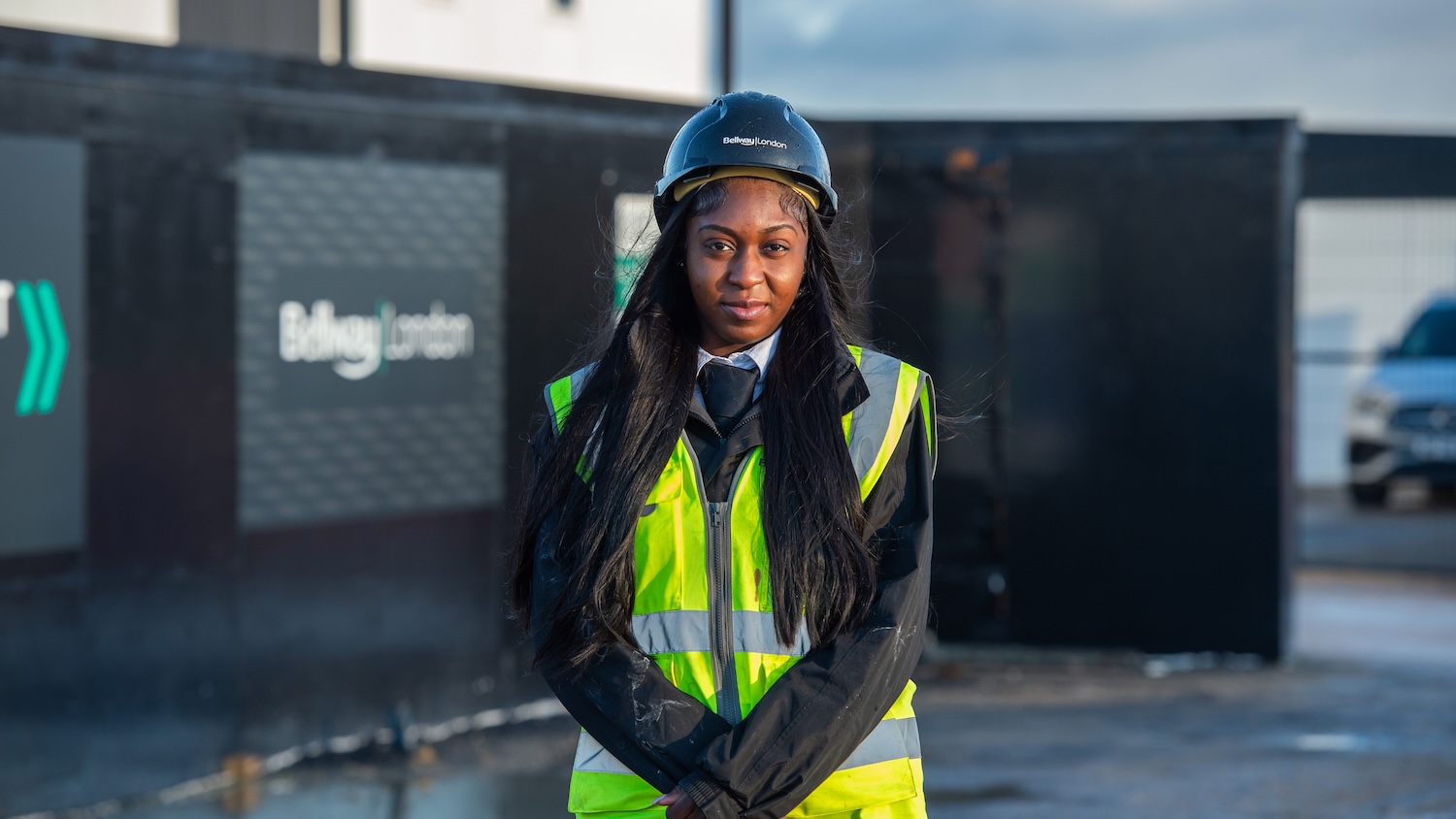
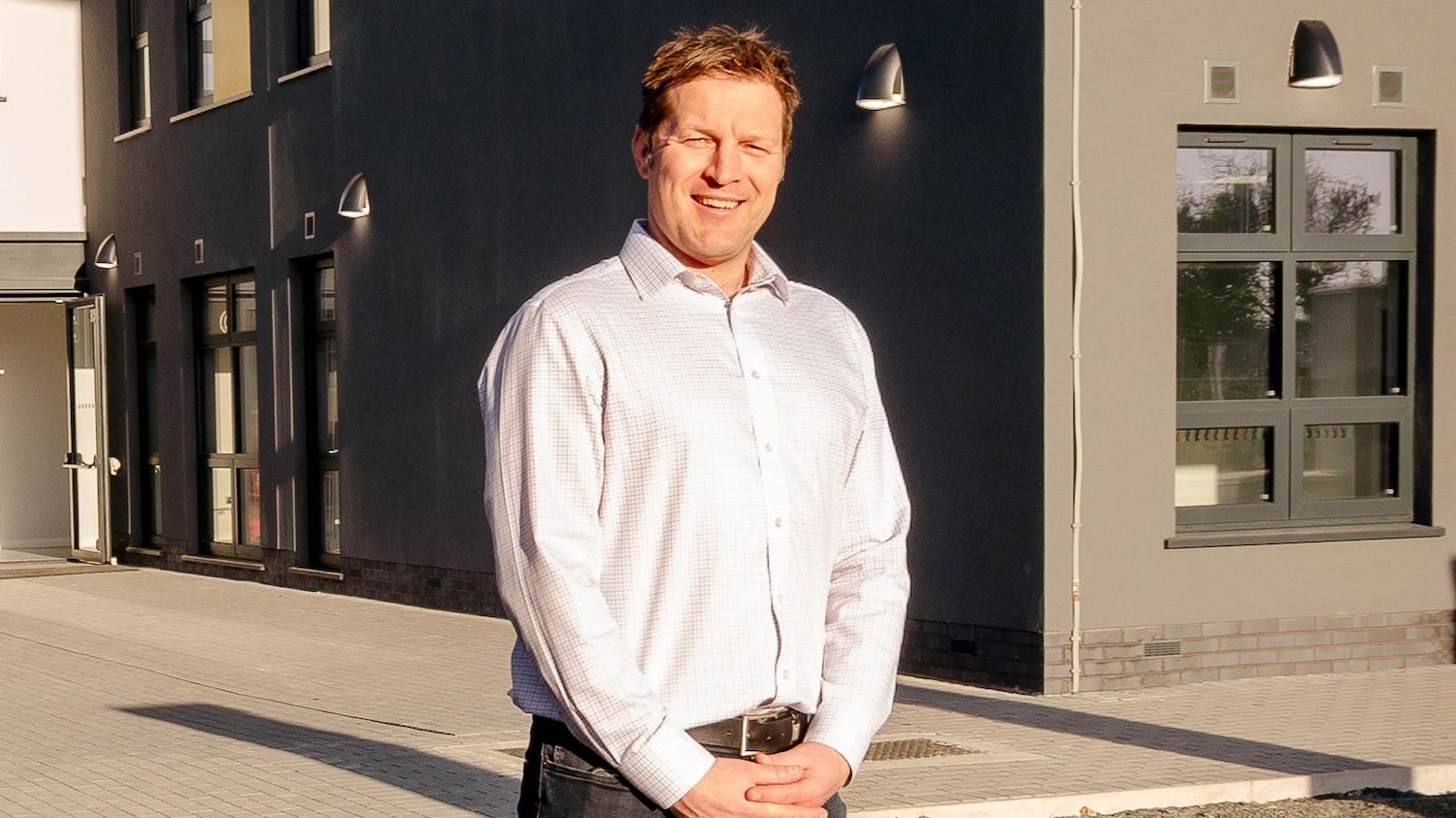
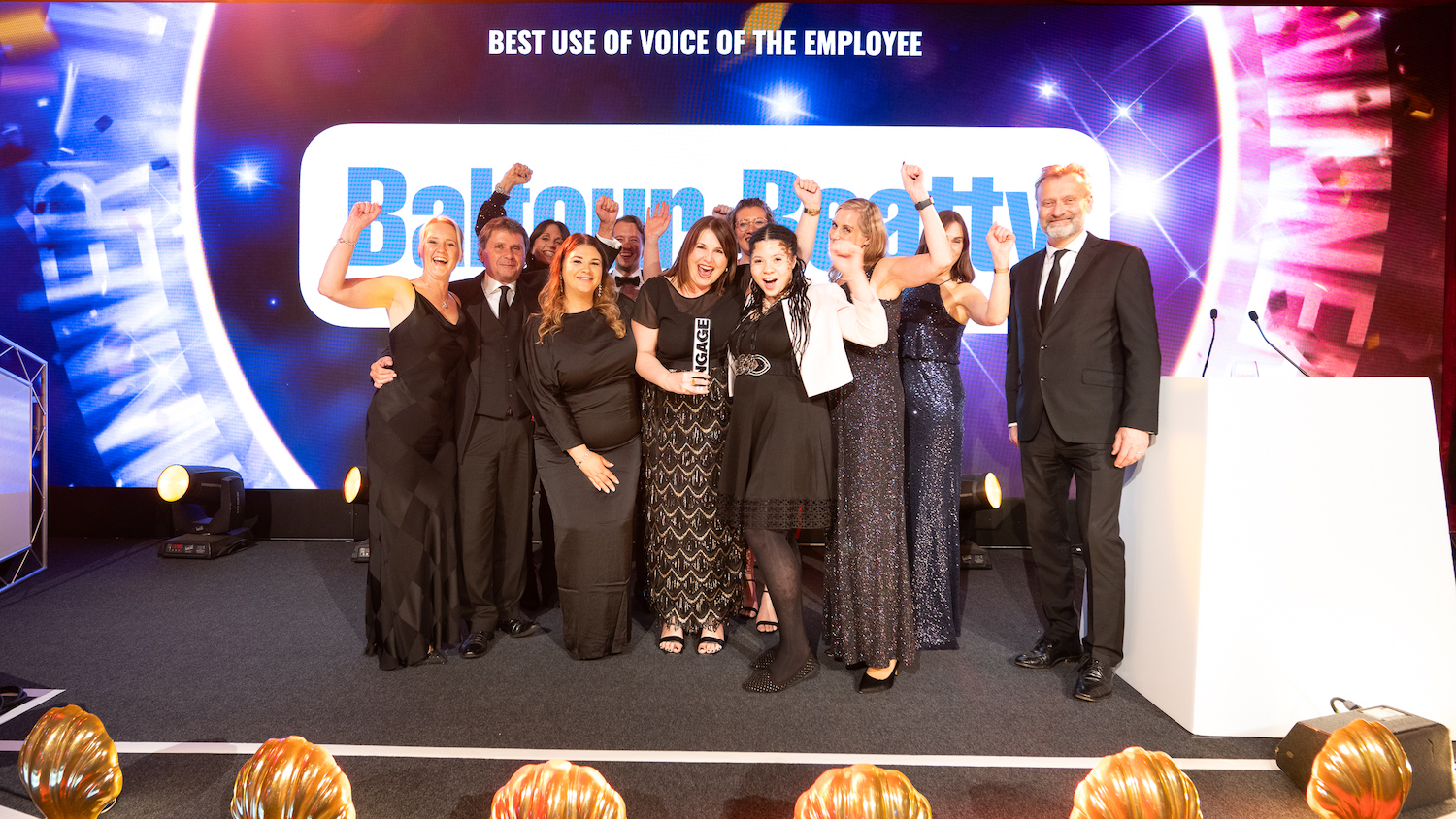
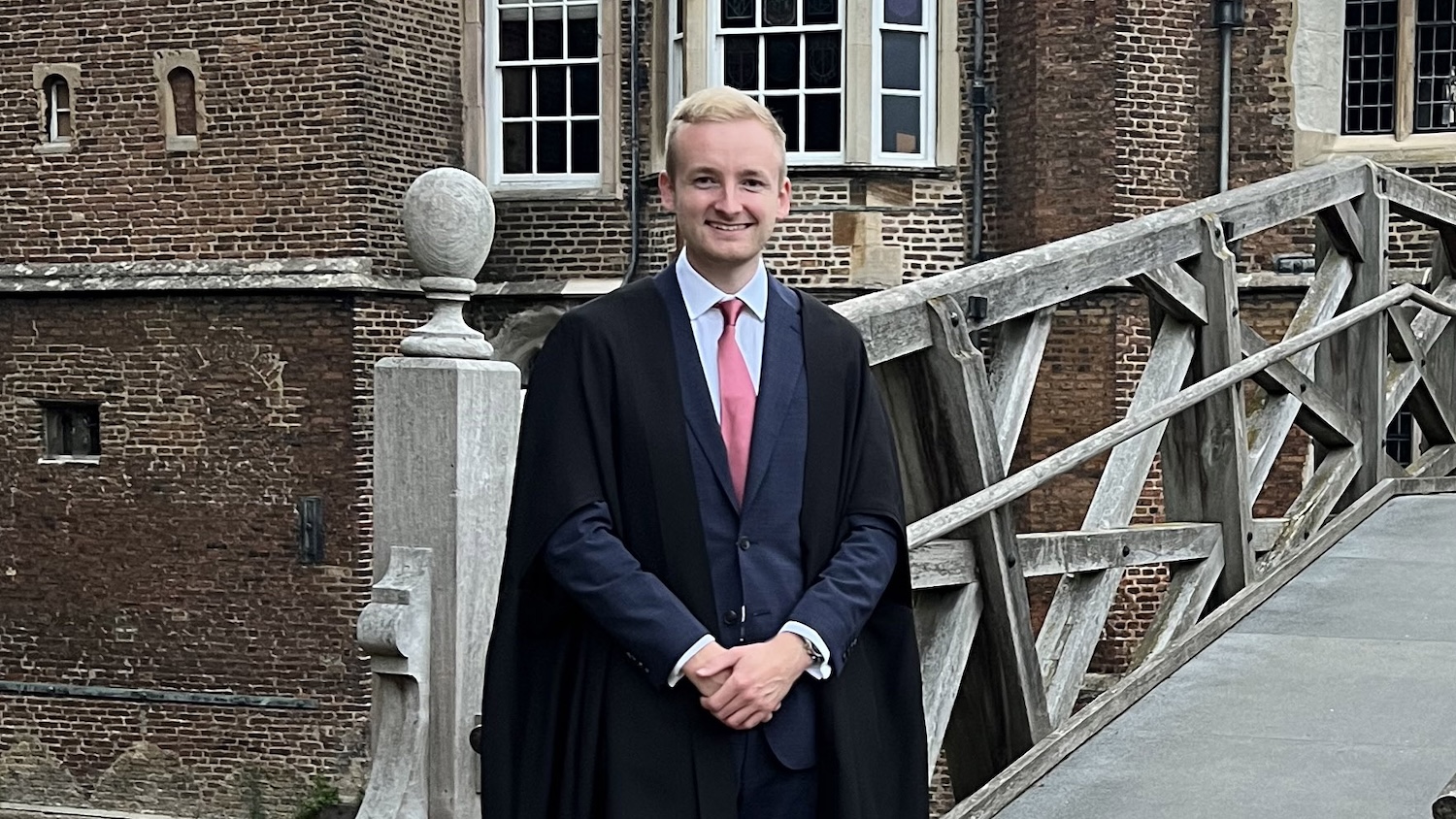

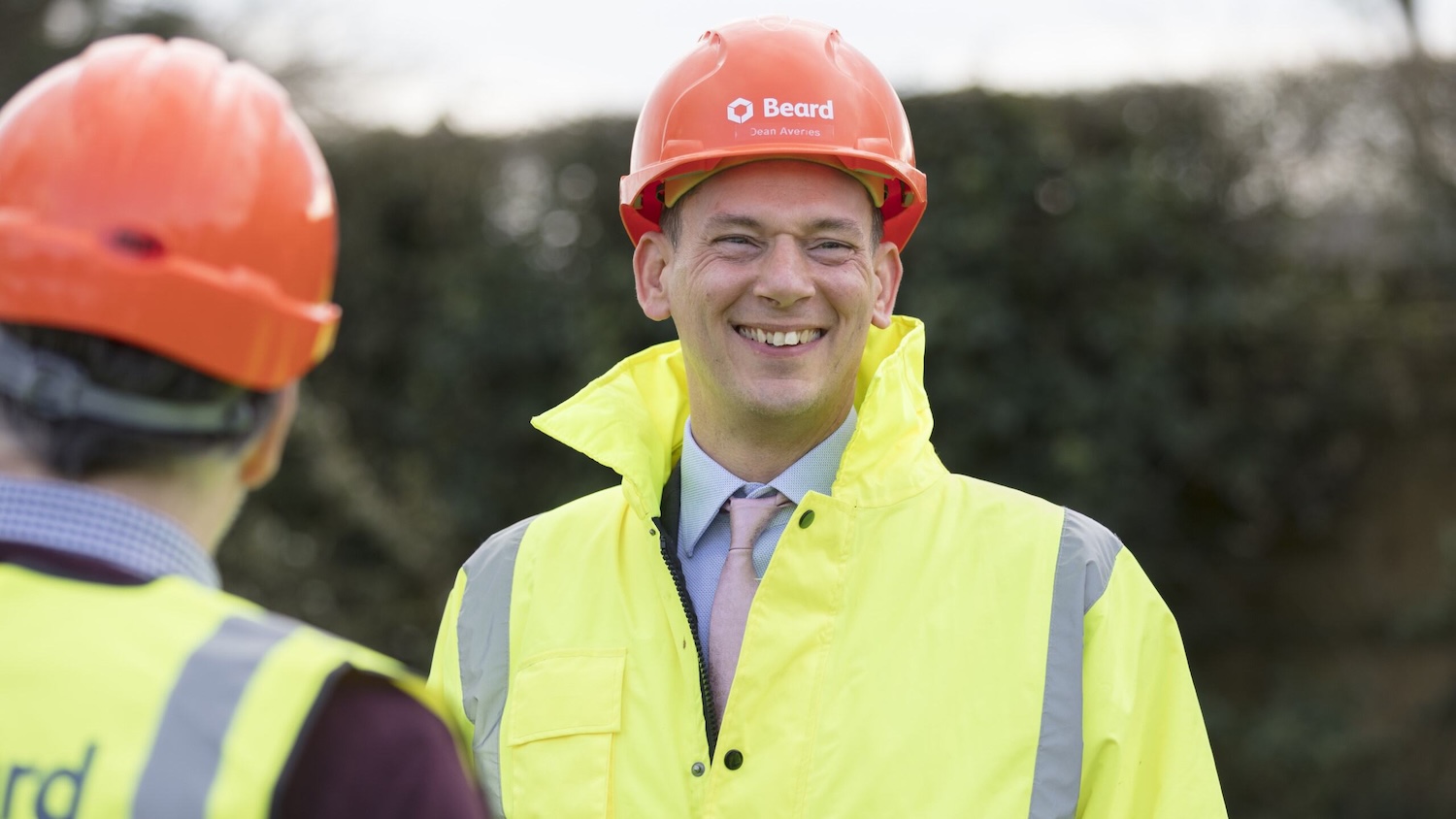
These well-meaning “leaders” appear to be conflating two entirely different issues ie fatal site accidents, which the CIOB should be rightly very concerned about, and suicide, which is a serious mental health issue, and a matter for experienced health professionals, not the CIOB. The CIOB is not a branch of the NHS or social services and should concentrate on its core charter obligations rather than this continual mission creep.
The issue is plain to see if anyone has been invloved in the constuction industry over the last decade. 10/ 12 hour shift patterns, fast paced unachievable programs, mainly led by clients and Teir 1 contractors which
inevitably causes undue pressures on managment and operatives from the go! Low paid wages which havent really increased over 15 years. Over bureaucratic paperwork to satisfy a tick box excercise which adds no value to the managment or risk process.
Bring back the days when construction was a great industry to work in, now its full of idiots shouting and berating at everyone to get the job done!
Perhaps the real issue is down to clients and Teir 1 contractors taking on impossible contract programs!
This presents a true evidence of ‘support’ coorperative world and leaders hold for each other. As far as it concerns ‘the need’ of fairer represantation, say EDI of grassroots underrepresented construction communities with raw and far more reaching and innovative approaches to be considered, it shames me to say, it will take another lifetime of outdated awareness building.